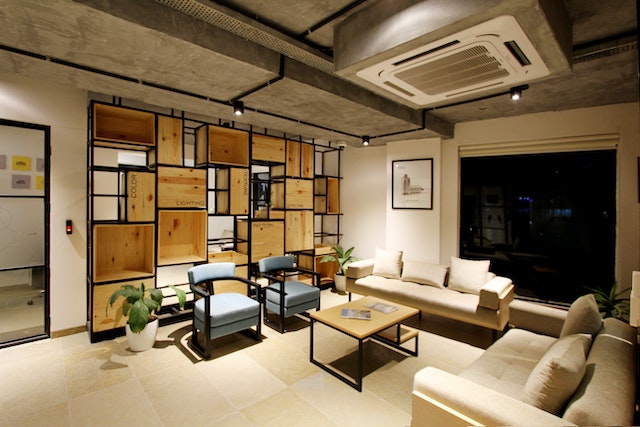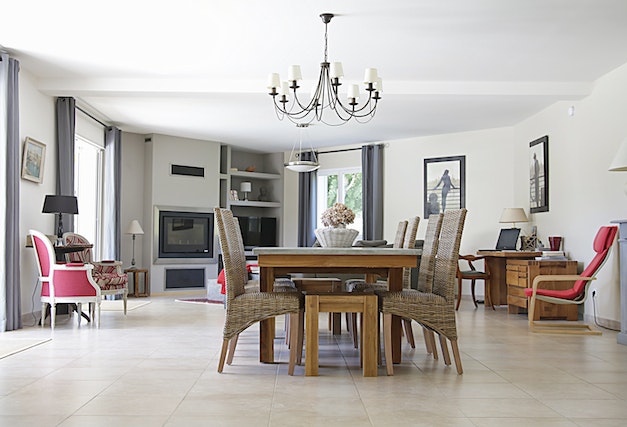Are you fed up with fluctuating home temperatures and soaring energy costs? If you live in Melbourne, there is a way to make your house a comfortable haven while avoiding those annoying expenses. Presenting heat pumps, a contemporary marvel in the field of heating and cooling. These effective systems have little effect on the environment while also assisting in controlling the temperature inside your home.
Finding a practical method to keep your house warm in the winter and cool in the summer is crucial as the seasons shift. For homeowners seeking to strike a balance between comfort and efficiency, heat pumps are a particularly flexible choice. However, what are they exactly? And in the particular climate of Melbourne, how can they help you? Let’s examine this cutting-edge technology in more detail and go over all you need to know about installing a heat pump to save the most energy!
Advantages of Heat Pump Use in Melbourne
Heat pumps are a great option for Melbourne’s climate because of their many advantages. Because of their exceptional energy efficiency, they have a smaller environmental impact and lower utility costs. Heat pumps use ground-based or air-based renewable energy sources to provide cooling in the summer and heating in the winter.
Their adaptability is an additional benefit. Separate heaters and air conditioners are no longer necessary because a single system can efficiently regulate temperature control throughout the year. This makes maintenance chores easier in addition to saving space.
Additionally, Heat pump installation in Melbourne have sophisticated features like intelligent technology integration and run quietly. Comfort is at your fingertips thanks to an app that allows you to remotely control the temperature of your house.
Homeowners value the ease of retrofitting heat pumps into existing homes without undergoing significant renovations because it causes less installation disruption than traditional systems.

Heat Pump Types Available
There are various kinds of heat pumps to suit various requirements and tastes. Among the most popular are air-source heat pumps. They provide effective heating and cooling by drawing heat from the outside air in the winter and doing the opposite in the summer.
Geothermal or ground-source heat pumps take advantage of the earth’s constant temperature. Because of their efficiency, these systems offer significant long-term energy bill savings at a higher initial cost.
For homes without existing ductwork, ductless mini-split systems are popular. They are adaptable to different home layouts because they enable targeted heating or cooling in particular rooms.
Nearby bodies of water, such as lakes or ponds, provide energy to water-source heat pumps. Although less popular, this kind can be very successful if you have access to appropriate water sources close to your home. Every choice has special benefits suited to particular circumstances.

Considerations for Selecting a Heat Pump for Your House
There are a number of considerations when choosing a heat pump for your house. The size of your space is the most important factor. An inefficient unit could result in higher energy costs.
Think about Melbourne’s climate as well. Heat pumps are flexible, but temperature variations can affect how effective they are. Seek out models that are especially made to function at their best in the climate where you live.
Ratings for energy efficiency are also very important. Despite possibly having a higher initial cost, units with higher ratings will provide better long-term savings. When it comes to energy use, quality is a better investment than price.
Another important consideration is the installation site. Make sure there is enough room for maintenance access and airflow, whether it is indoors or out.
Think about any extra features, like variable speed options or smart technology integration, that could improve comfort or convenience in your house.
You can maximise comfort and energy savings in any season by carefully weighing these factors to find the ideal heat pump solution for your requirements.





